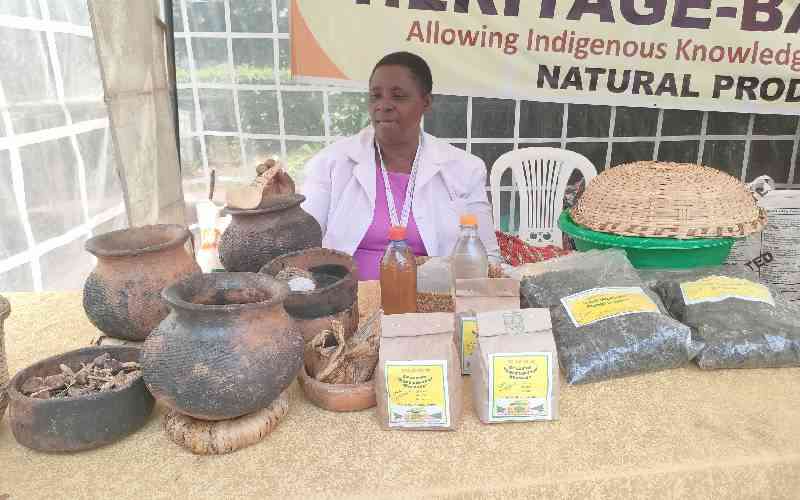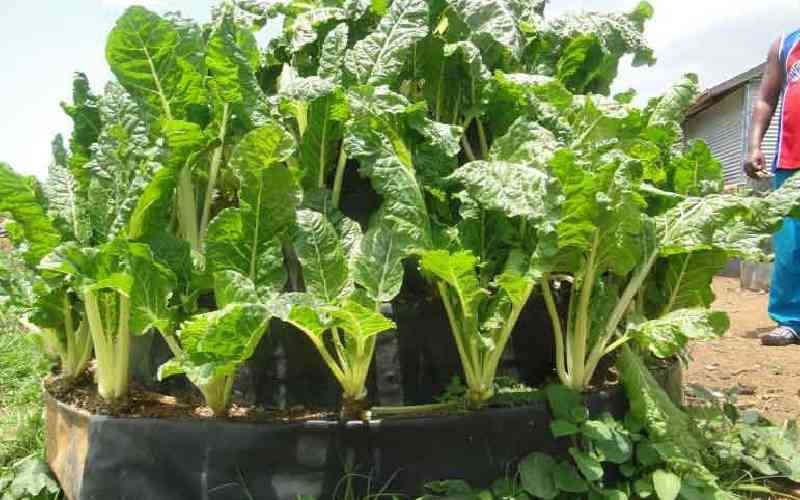×
The Standard e-Paper
Home To Bold Columnists

As in most of the modern world, Kenyans are not immune to partaking in pleasures that are ultimately harmful to our health.
The temptations of the pleasures - whether it's alcohol, smoking or junk food - require a nuanced and pragmatic response. To the relief of our willpower as well as our physical well-being, harm reduction strategies have emerged as the compassionate solution.







